Critical Corner: The Bear
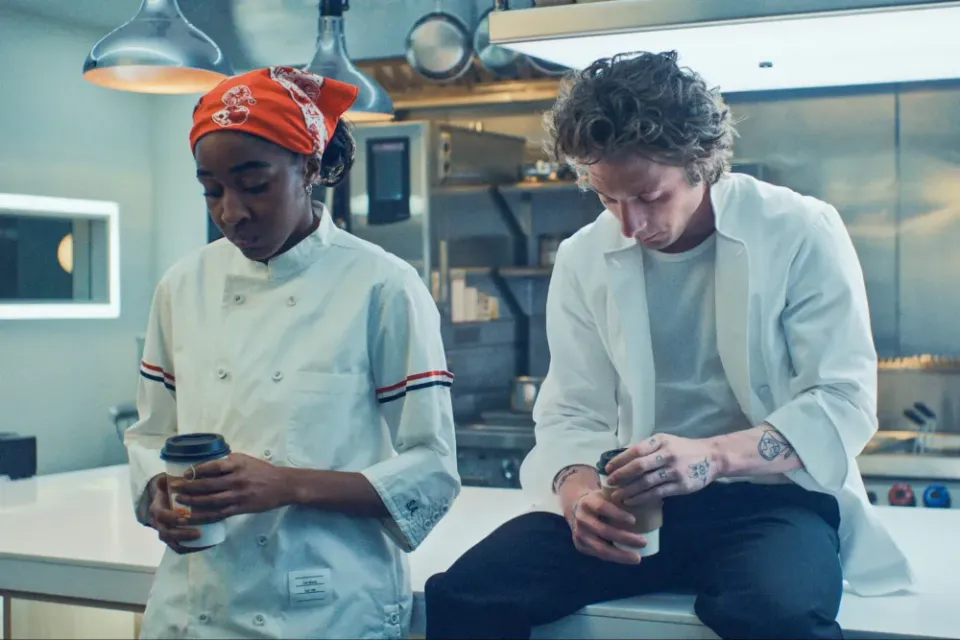
Television is, historically, a formulaic artform. A sitcom will be 22 minutes, have two ad-breaks. An hour-long drama will be 44 minutes, with four commercial breaks. The scripted action will lead towards those commercial breaks, generally. For much of the form’s history, shows adhere to these structures, and the idea of a season that builds episode-by-episode, arc-by-arc is one that has only come to the forefront in my lifetime outside of soap operas.
Cable TV, with its complete lack of ads and its opt-in nature, expanded on the form massively. Television makers did not have to adhere to the needs of networks and could experiment with all kinds of things – genre, structure, even expense. But even then, an episode of Sex and the City felt like another episode of Sex and the City. The Sopranos felt like The Sopranos, even when it stepped out an audience’s expectations.
Streaming changed this form again, entirely. It might seem rote now, but a series like Orange is the New Black, with its form of checking in on a character each episode while moving the overall plot forward, felt revolutionary. Series no longer have to adhere to specific runtimes. Even comedies like The Unbreakable Kimmy Schmidt could balloon to gasp – 32 minute runtimes!
The Bear came nearly a decade into the streaming boom, and it shows. There is no standard episode of The Bear. Yes, it has the same setting – The Beef sandwich shop, which has now expanded to The Bear fine dining restaurant – and it follows the same ensemble, led by Carmy (Jeremy Allen White) and Syd (Ayo Edebiri) but no one episode has felt exactly the same. Even the genre, which was lightly comedic in the first season before slipping into the most harrowing drama for most of that season and season two, veers wildly episode from episode. You could point to a best episode of The Bear, but not necessarily a "standard" episode.
This is all to say that consistency is not the aim of The Bear, and it never really has been.
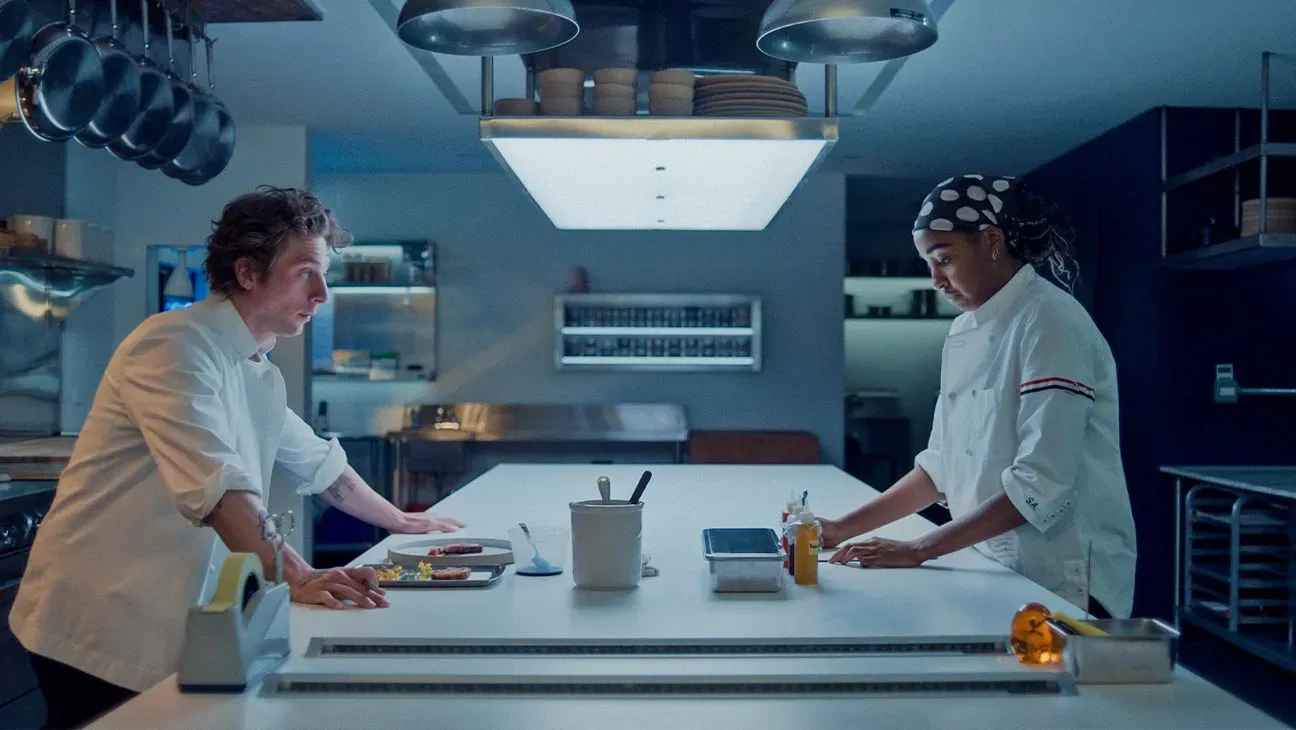
Season three of The Bear takes that lack of consistency (you will find few cooking puns here, because I cannot cook and I refuse to pun) and runs with it. The first episode is a 36 minute montage with almost no dialogue that connects the end of the second season with the start of the third season, and sets up the main conflict: Will The Bear survive Carmy’s complete inability to move on from his own family and professional trauma? And what happens to the people around the restaurant if he doesn’t?
From there, no one episode is the same. The second feels like a play, with each member of the restaurant checking with Carmy after the restaurant’s friends-and-family opening at the end of season two, adding to the piles of labour, some self-inflicted and some not that he has to deal with. Other episodes go wider, to the point of stopping the narrative entirely, instead checking in on a specific part of Carmy’s nature and what impact it has on the restaurant exactly.
For a show that relies so heavily on tension, this widening focus is a big risk that doesn’t always pay off. Long-time viewers know the stakes of The Bear and how much it means to Carmy. When we zoom out, to characters who mean a lot to Carmy and who invest a lot in the world of the show, we understand more but at the expense of pumping the brakes when we know we’re gonna crash anyway. Considering that the season leads not to a conclusion but a fork in the road, it leaves it feeling pretty dissatisfying.
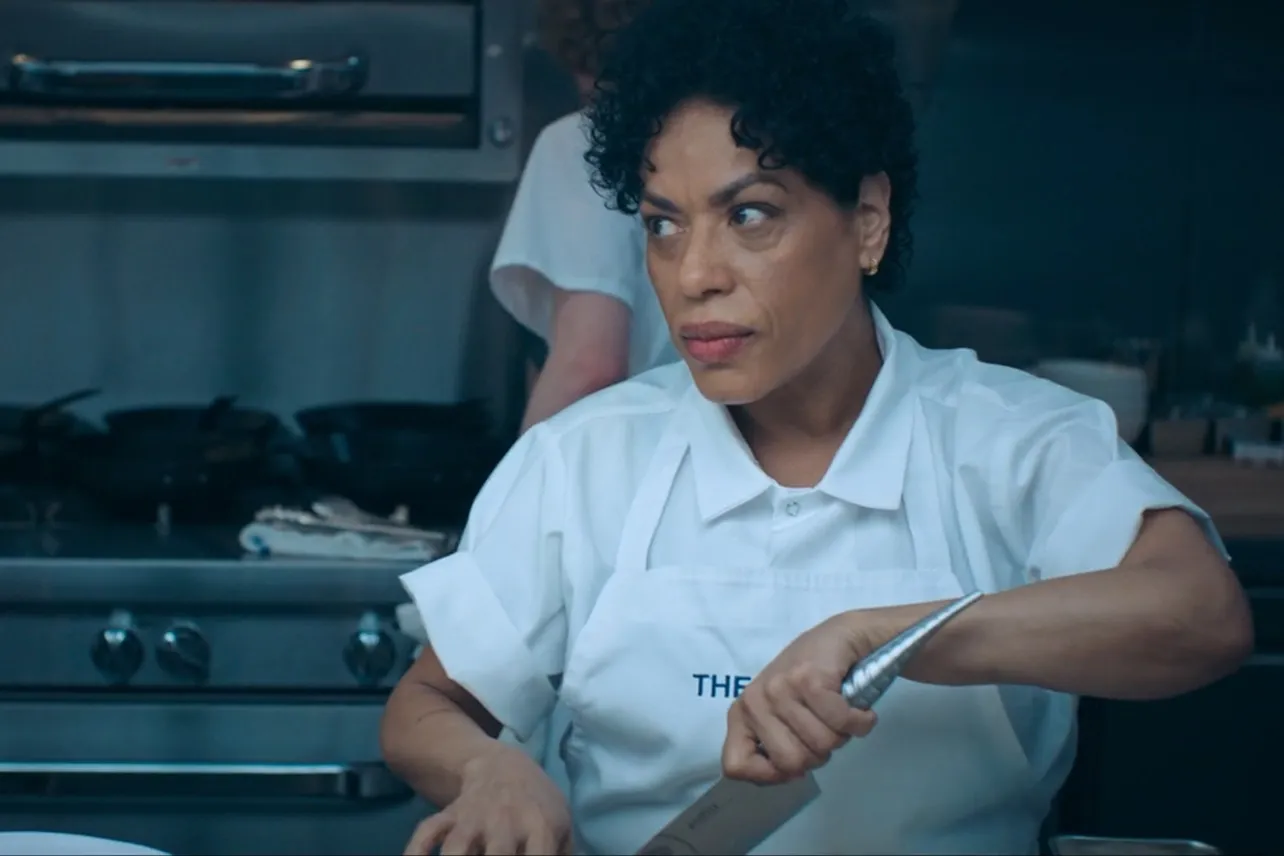
However, when that risk pays off, it pays the fuck off. Two episodes, “Napkins” and “Ice Chips” arguably the best of the season, take place entirely away from Carmy to focus instead on Tina (Liza Colon-Zayas, still my MVP of the show) and Natalie (Abby Elliott, not far off). The former, directed by Ayo Edebiri, flashes back to Tina, a middle-aged Latina woman, being laid off from her job of 15 years. For an excruciating 20 minutes of screentime, and weeks of real-time, she walks through a world that has no use for her, and no interest in what she has to bring. Then, she ends up at The Beef, and meeting Carmy’s brother Mikey (a still fantastic Jon Bernthal). They commiserate over the state of their respective worlds, in one of the most brilliant scenes of television I’ve seen in a while.
In the latter, Natalie goes into labour and is forced to call the one person she doesn’t want to, her mother Donna (Jamie Lee Curtis, as devastatingly subtle here as she was peacockingly loud in season two). The episode takes place mostly at bedside, following the push-and-pull between one woman who needs it to be about her in this moment, and one woman who cannot let it be about anybody else.
Both of these episodes, beyond feeling like well-observed plays, reflect what The Bear is when it is at its best, and it also shows off what it does best consistently. Even at its worst, The Bear remains impeccable at plunging an audience into a very specific vibe – be that the actual restaurant, Tina’s job-search, or Natalie’s bedside. It also walks the absolute knife’s edge. The performances are lived-in but vivid as hell. The dialogue is stylised realism; stylised enough to be nice to listen to, real enough that you wish people actually talked like that.
There are quirks of the series that will never gel with me, that seem more obvious in this season than others. The Faks are best used sparingly, and here they take centre-stage too often (with one ridiculous cameo that seems like a shrug towards comedy than a focus on being actually funny). Scenes that are otherwise well-observed conversations between professionals in a very specific industry can feel less revelatory and more evangelical. For every perfect needle-drop (“The Morning Fog” by Kate Bush, “Disarm” by Smashing Pumpkins) there are about three that draw attention to themselves (“Garage” by Weezer).
But those quirks are what you get when you’re not working to a formula. There are enough moments of brilliance to The Bear, where it is trying something that other series on TV are not even trying to attempt, that make the less good moments worth it. Formula is fine, formula works, but the most interesting stuff comes from going off-recipe (sorry).
The Bear is available to stream on Disney+.
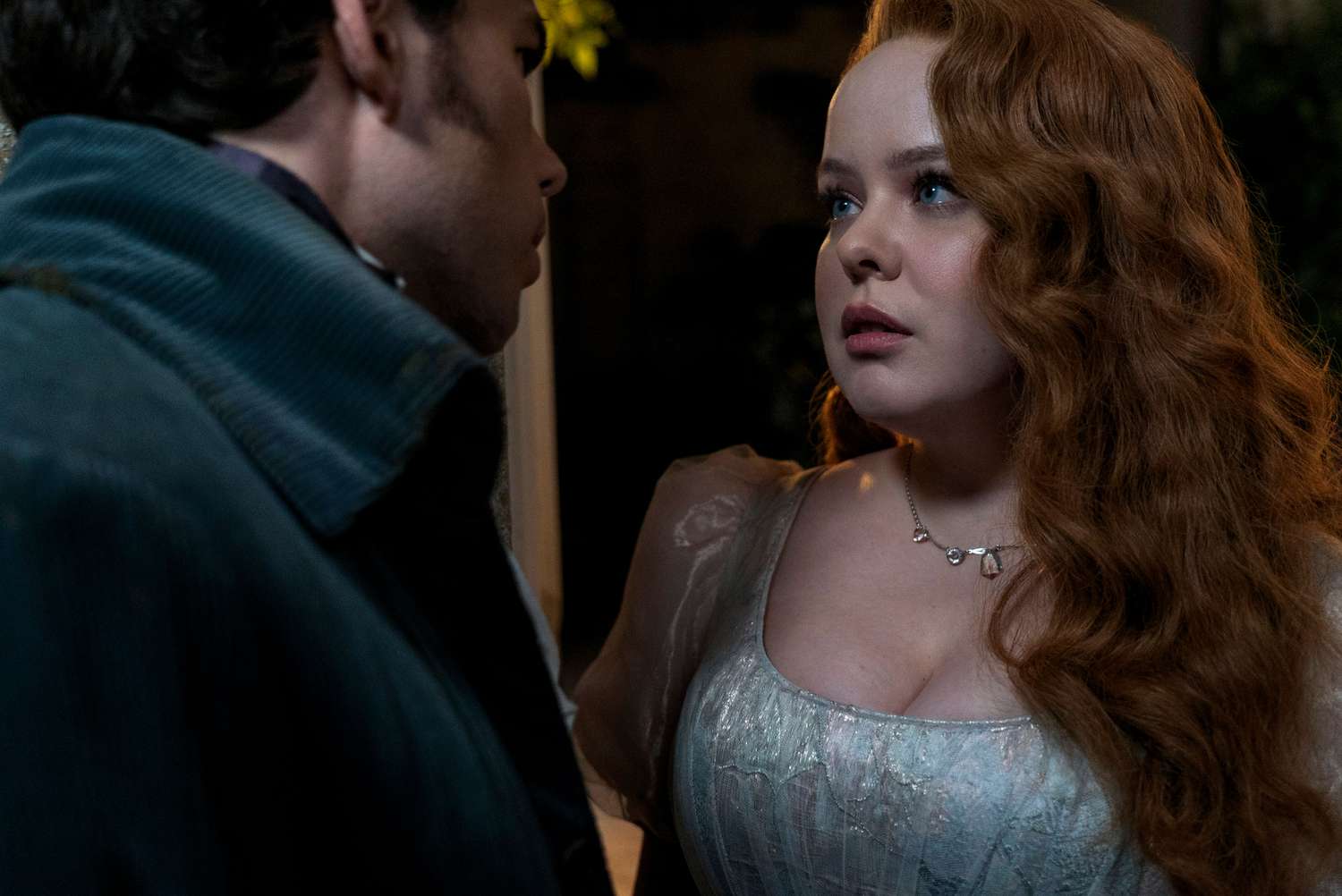
Other Things I’ve Consumed
- I finished season three of Bridgerton and I’m not sorry, but I love it. It does what it does well. Nicola Coughlan is a star and needs another star vehicle, and Polly Walker should be in everything. No notes, season four please.
- I played Tales of Zestiria, a game which nobody reading this has any idea about. It’s fine!
- I read Babel by RF Kuang, who is probably now most famous for writing Yellowface. It’s a good time, and if you want to introduce your kids to a fantasy-ish novel that will widen their views past the mainstream, it’s a good one! Kuang infuses her novel with a lot of concepts and themes (colonialism, the power of language) and makes them wildly accessible.
Things I’ve Read
- I love this article on NDAs, which continue to fascinate me. Have you signed an NDA? You probably can’t tell me.
- If you want to read more about season three of The Bear, can I recommend this chat between Madeleine Chapman and Claire Mabey? It’s the thing that spurred me on to finish this season.
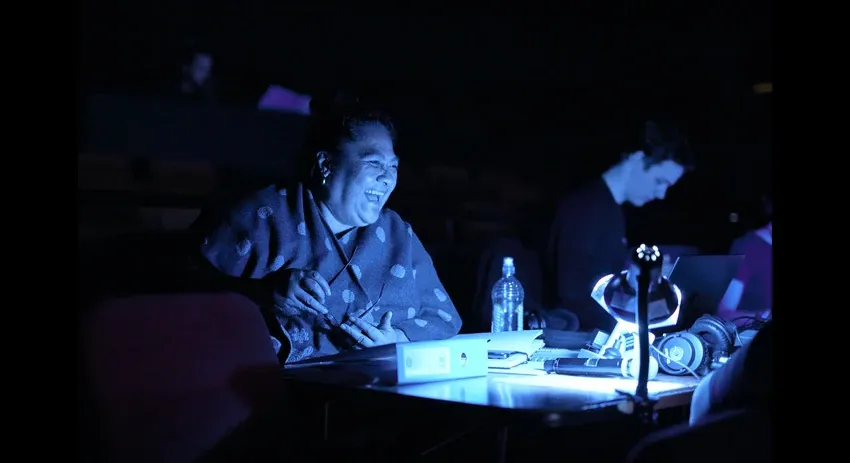
Self-Promo
- I’m very excited to be working on the second series of Art Work, a partnership between The Spinoff and Creative New Zealand, which highlights the everyday working lives of artists, and demystifies what it means to make art in New Zealand. Our first piece is with the tremendous Anapela Polataivao and the second piece drops this week!
Writing and reporting takes time, and if you want to support the amount of time it takes (and ensure that the scant amount of meaningful coverage of local art can continue), please considering supporting Dramatic Pause with a paid subscription ($8 p/m, $60 p/a) and if you can't afford a paid subscription, please share the work with your networks!

Member discussion